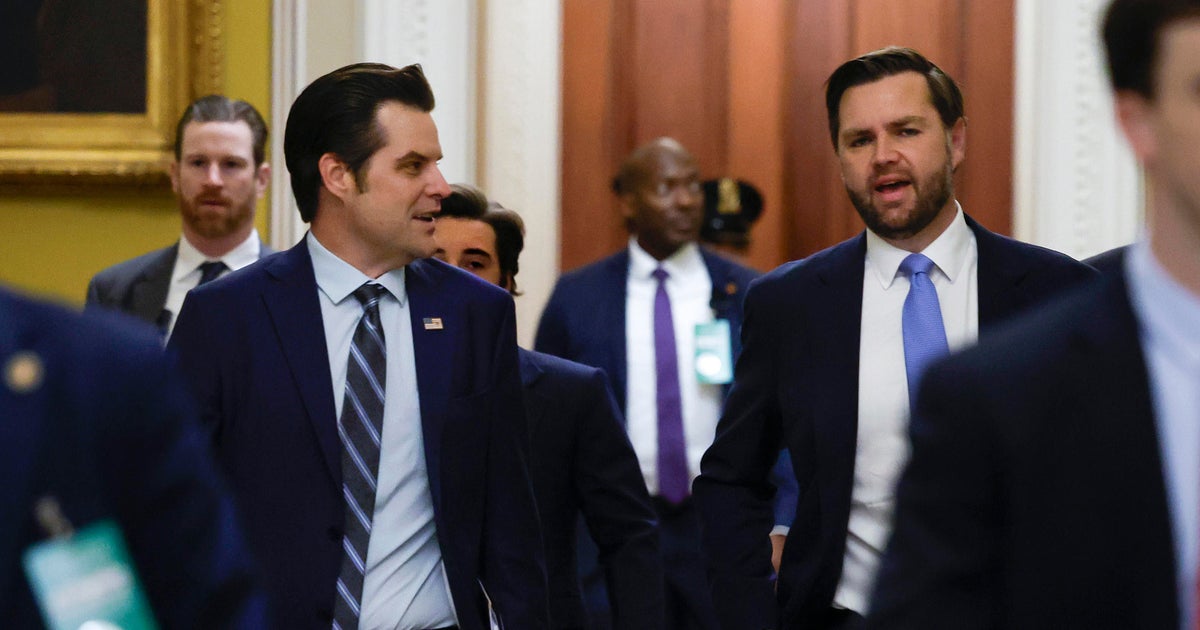Qatar crisis reaches stalemate after Arab nations announce restrictions will continue
With the conclusion of the first meeting of the four Arab countries imposing a blockade on Qatar, a stalemate has occurred.
For the time being, Qatar, accused by the other Arab nations of backing terrorists, will remain under restrictive measures.
The Wednesday meeting of the Foreign Ministers of Egypt, Saudi Arabia, the United Arab Emirates (UAE) and Bahrain came after the Qataris replied to their list of 13 demands. The list includes shutting down Al-Jazeera News, downgrading relations with Iran and severing relations with terrorist groups. A Qatari official said that they responded to the demands in a detailed "respectful way" but the other nations did not see the response as worthy enough for them to draw down the tensions.
"The four countries stressed that the continued measures taken by them are the result of the violation by the State of Qatar of its obligations under international law and its continued interference in the affairs of the Arab States and its support for extremism and terrorism and the consequent threats to the security of the region," read their joint statement.
Qatar's response showed a lack of "understanding of the seriousness and gravity of the situation," they said.
As a result, there have been no major breakthroughs though the situation has not yet further escalated. The Bahraini Foreign Minister Sheikh Khaled Al-Khalifa said that freezing Qatar's membership from the Gulf Cooperation Council will soon be discussed by the Council's board.
Yet at this point both sides are defending themselves while not expressing a deep sense of urgency. UAE foreign minister Abdullah Ben Zayed said the boycott of Qatar will continue until Doha changes its position from one of "destruction" to one of "reconstruction".
The Arab countries' ministers expressed support decisions adopted during the recent U.S.-Arab summit in Riyadh. They also cited their appreciation for President Trump's "decisive position" on the need for the immediate end of supporting terrorism by any party. Mr. Trump has said that Qatar is a backer of terrorism and has called on them to end their support.
On Monday, Mr. Trump tweeted about his conversation with the King of Saudi Arabia and declared "Interesting things are happening!"
Mr. Trump also spoke with the Qatari Emir over the weekend, in a conversation that the Qataris viewed as a positive step. But he did not tweet about it.
With Mr. Trump making these calls, it is unclear if Secretary of State Rex Tillerson is still the lead U.S. negotiator on the crisis. The Secretary has, however, made it clear that he wants to see the crisis resolved diplomatically. He has spent weekends in meetings on the topic and even cancelled his trip to Mexico for a discussion about the situation in Venezuela in an effort to continue working on the crisis.
Last month, Mr. Trump offered the White House as a venue for negotiations but that offer was never acted upon and now it is Kuwait that is acting as the go-between.
"The United States will continue to stay in close contact with all parties and will continue to support the mediation efforts of the Emir of Kuwait," said a State Department spokesperson.
Last week Qatar's Foreign Minister spoke with CBS News and said the demands from the Arab nations are "misleading."
"When they are saying Qatar severing relation with terrorist group - Qatar has never had relationship with terrorist group. Qatar is an active participant in the coalition in countering terrorism," said Qatari Foreign Minister Sheikh Mohammed bin Abdulrahman Al Thani. "We are educating more than seven million children in the vulnerable area we are educating six hundred thousand children in the refugees camps who might be vulnerable for extremism."



